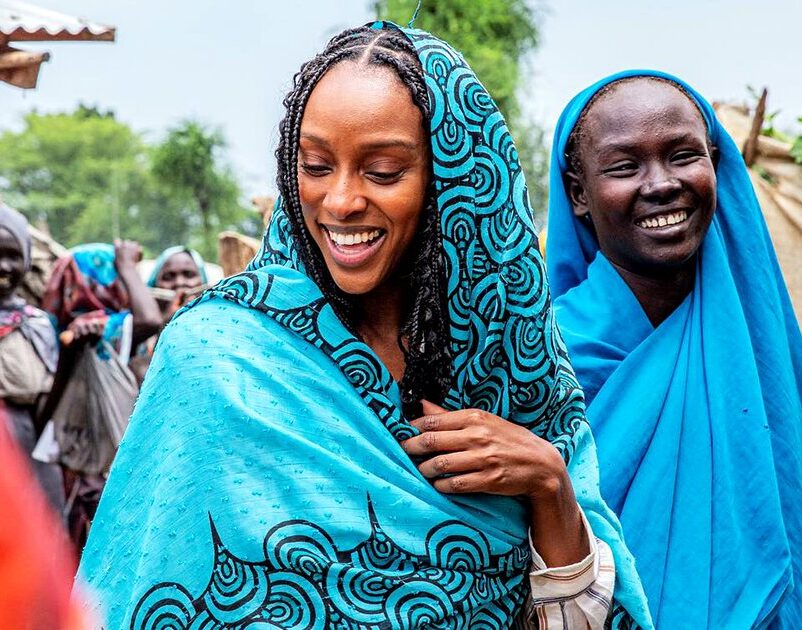
If You Like This Article Kindly Give Us A Share!
Africa, a continent celebrated for its rich cultural tapestry, presents an enticing array of languages that beckon language enthusiasts and global citizens alike. Here, we explore five African languages that stand out for their influence, cultural significance, and the unique insights they offer into the diverse societies they represent.
5. Zulu: Southern Africa’s Melodic Language
With approximately 27 million speakers, Zulu stands as one of South Africa’s official languages, celebrated for its melodic tones and expressive nature. Learning Zulu offers an entry into the vibrant cultural tapestry of South Africa, from the picturesque landscapes of KwaZulu-Natal to the bustling city life of Durban. As South Africa continues to be a global player in various sectors, proficiency in Zulu enhances one’s ability to navigate the complexities of this diverse and dynamic nation.
4. Hausa: West Africa’s Crossroads Language
Spoken by over 50 million people, Hausa is a linguistic cornerstone in West Africa, with significant communities in Nigeria, Niger, and Ghana. Renowned for its role in regional trade and commerce, learning Hausa opens doors to the bustling markets of Kano, the historical sites of Katsina, and the cultural dynamism of the Hausa people. In addition to its practical applications, Hausa provides a gateway to West Africa’s rich history and interwoven societies.
3. Amharic: Ethiopia’s Linguistic Treasure
The official language of Ethiopia, Amharic, boasts around 32 million native speakers. As one of the few languages in the world with its own script, Ge’ez, Amharic offers a unique linguistic experience. Exploring Ethiopia’s rich history, ancient civilizations, and breathtaking landscapes becomes even more enriching when accompanied by a command of Amharic. With Ethiopia’s growing prominence on the global stage, learning Amharic enhances one’s understanding of the nation’s cultural complexities and economic potential.
2. Yoruba: Nigeria’s Cultural Mosaic
With a speaker base exceeding 45 million, Yoruba stands as one of Nigeria’s most prominent languages, deeply interwoven with the country’s history and traditions. Learning Yoruba provides insights into Nigeria’s diverse cultural landscape, fostering connections with the Yoruba people and their vibrant heritage. As Nigeria plays a pivotal role in Africa’s economic and cultural spheres, acquiring proficiency in Yoruba becomes a strategic asset for business, travel, and cross-cultural communication.
1. Swahili: The East African Connector
Spoken by over 75 million people, Swahili is a linguistic gem that transcends borders, serving as the lingua franca in East Africa. Officially recognized in countries like Kenya, Tanzania, and Uganda, learning Swahili opens the door to vibrant cultures, iconic landscapes, and regional economic hubs. Its widespread use in trade, media, and diplomacy positions Swahili as a language of practicality and cultural richness, making it an excellent choice for those eager to explore the beauty of East Africa.
The bottom line is, the decision to delve into African languages extends beyond linguistic curiosity; it is an invitation to explore the intricate stories, traditions, and aspirations embedded in each linguistic thread. Swahili, Yoruba, Amharic, Hausa, and Zulu beckon learners to embrace linguistic diversity and forge meaningful connections with the rich mosaic that is Africa.
Read More Like This On
UPCOMING TOP EVENTS!
AFRICAS BIGGEST FASHION WEEK IS HERE!

To Submit stories Email: [email protected] or HashTag #FashionGHANA
Source link





